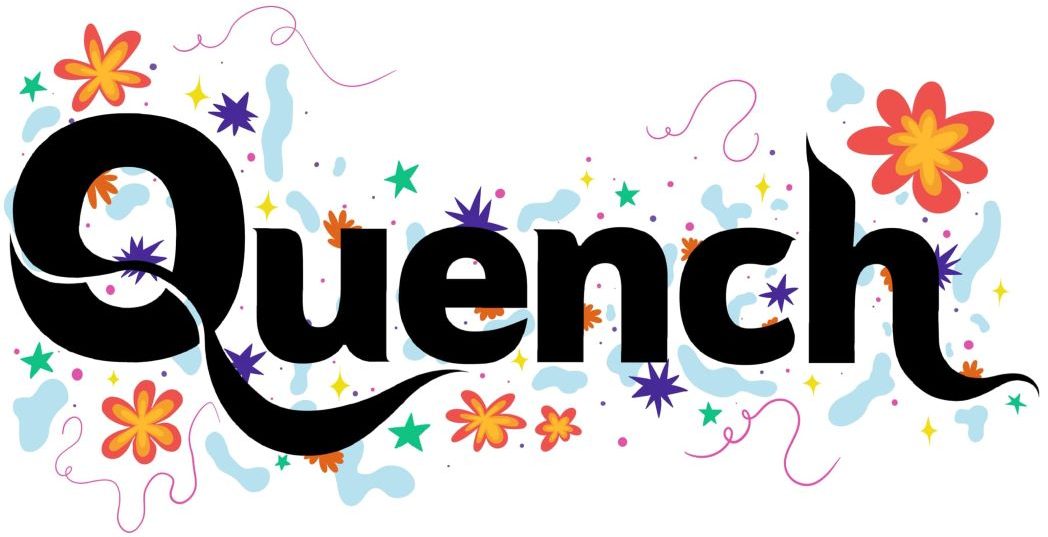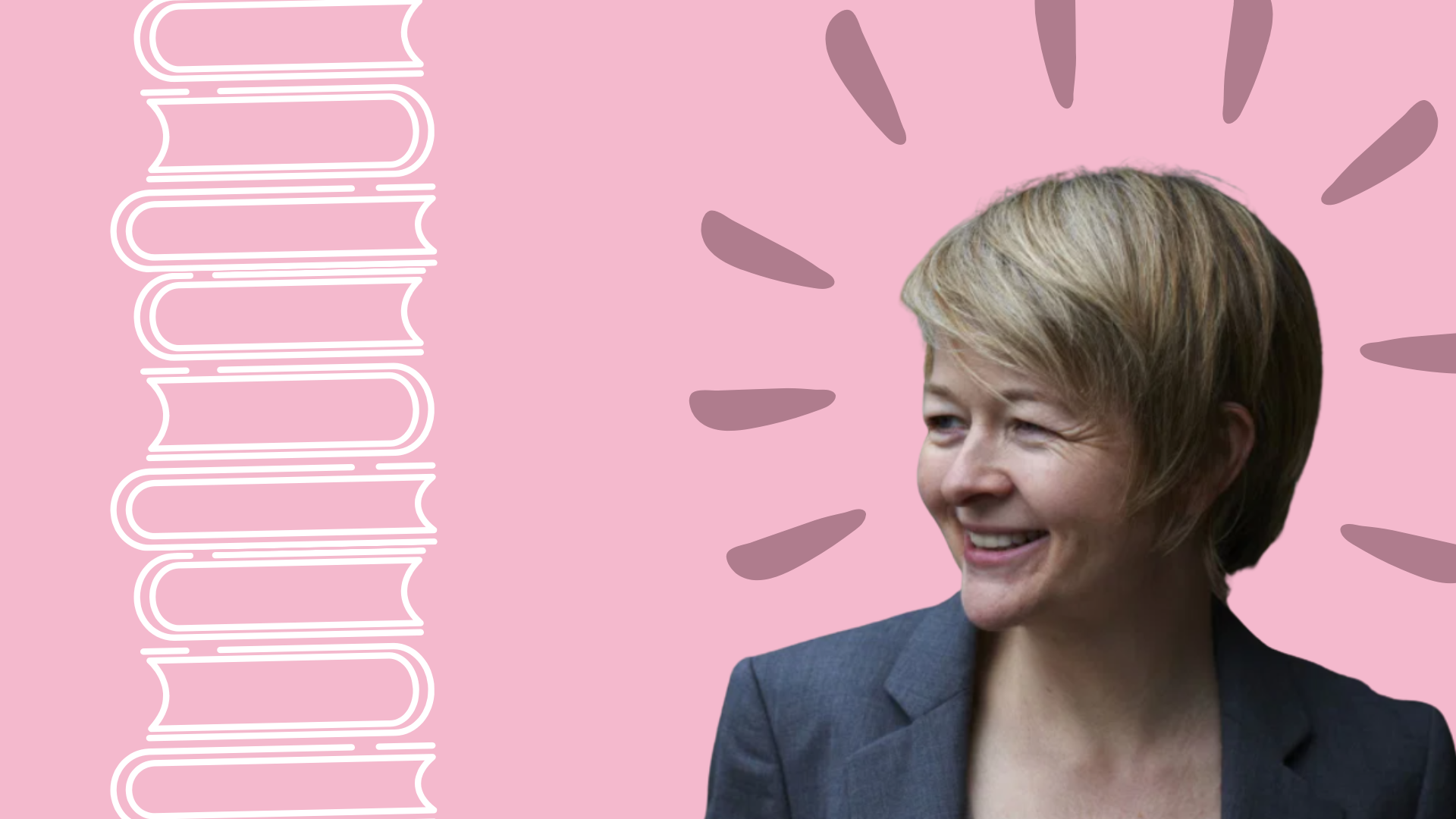By Aruni Deraniyagala
What is the ÔÇ£lesbian agendaÔÇØ? For Sarah Waters, it means putting more wlw (women who love women) stories out into the world.
Born in Pembrokeshire, Wales in 1966, Waters was encouraged to engage in artistic hobbies from a young age by her father. She particularly loved writing poems and stories. Despite this clear passion for story-telling, it wasnÔÇÖt until she was much older that Waters considered a career as a novelist.
Having completed her primary education, she went on to study English Literature at the Universities of Kent and Lancaster. She then proceeded to earn a PhD in English Literature; her field of study being lesbian and gay historical fiction. In fact, it was whilst researching material for her thesis; Wolfskins and Togas: lesbian and gay historical fiction, 1870 to the present, that she found the inspiration for her debut novel, Tipping the Velvet. The very phrase, ÔÇÿtipping the velvetÔÇÖ is archaic slang for cunnilingus; a term she stumbled upon whilst reading Victorian era pornography as part of her research. Waters has very openly claimed to be writing with a clear ÔÇÿlesbian agendaÔÇÖ, something she says is inevitable when lesbians write stories for a primarily lesbian readership.
ÔÇÿPretend? Pretend, and in my own house? If Frank doesnÔÇÖt like my habits, he can stop visiting. Him, and anyone else with a similar idea. Would you have people think we were ashamed?ÔÇÖ – Tipping the Velvet, Sarah Waters
WatersÔÇÖ novels are most notable for being what she calls, ÔÇÿlesbo Victorian romps,ÔÇÖ a phrase which I feel, doesnÔÇÖt quite do justice to the complexity of the characters and stories she writes. The periods in which she sets her books have not extensively documented lesbian culture. The most we can learn about wlw relationships, particularly in the Victorian era, comes in the form of passing mentions within heteronormative stories; little glimpses through cracks in the curtains as it were. Therefore, in order to tell her stories, she takes elements from the mainstream culture of the era she is writing about and interweaves them into lesbian culture. In Tipping the Velvet, for example, Kitty Butler, a woman who takes on the appearance of a man for her music hall act, is referred to as a ÔÇÿmasherÔÇÖ; a term originally meant to refer to a fashionable man in Victorian society. Her stories are not so much aimed at coming across as authentic, rather she tries to imagine a history that can never truly be recovered.┬á
By doing this, she has provided us with alternatives to the more common coming out stories we have become used to reading. There has historically been a trend of killing off lesbian characters in novels (think Mrs Danvers in Daphne du MaurierÔÇÖs Rebecca), since the only way mainstream media would accept LGBT+ characters was if they had a tragic storyline. As a result, most contemporary authors write stories with cute clich├®s and happy endings as a means to challenge the ÔÇÿbury your gaysÔÇÖ trope, and while these stories are important, they arenÔÇÖt the only ones that should be told.
The beauty of historical fiction is that it gives us the opportunity to look back in time and shine a light on the lives of people who had to hide themselves from society. Lesbians have always existed, but their voices havenÔÇÖt always been heard. Through a diverse range of characters, from oyster girl turned music hall performer turned rent boy, to once wealthy ladies forced to take in lodgers, Waters shows us that there isnÔÇÖt one way to be gay. Your first love doesnÔÇÖt necessarily have to be ÔÇÿthe oneÔÇÖ and itÔÇÖs okay to still be figuring out your sexuality even if youÔÇÖre middle-aged and married to a man. Her characters arenÔÇÖt perfect, some of them are actually quite unlikeable. Her sex scenes arenÔÇÖt written to fulfill a straight manÔÇÖs fantasy, they are explicit and humorous and messy.
WatersÔÇÖ stories show us that regardless of societyÔÇÖs opinions, lesbians have always found ways in which to connect with each other, create their own culture and build their own families.
Instagram: @quenchspotlight
Write for us: email spotlight@quenchmag.co.uk or join the Facebook group where all pitches are posted
Our articles: Spotlight

